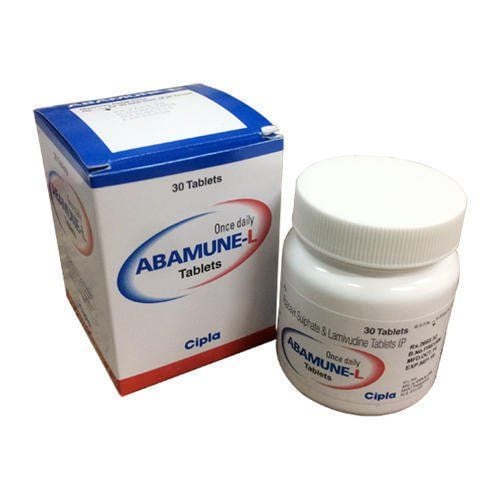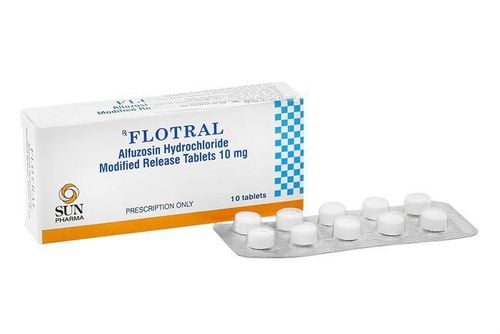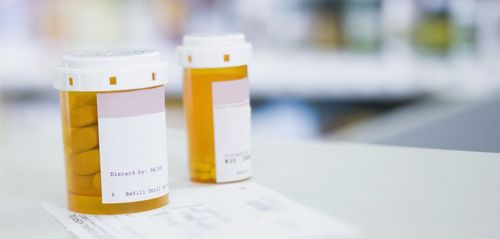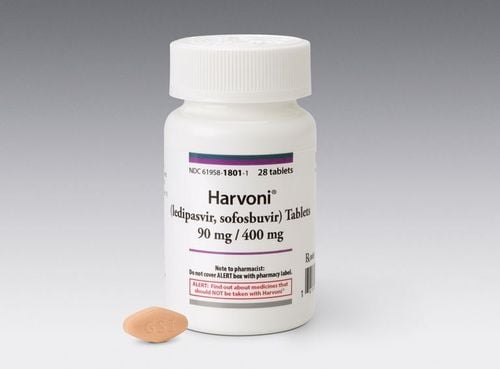This is an automatically translated article.
Complera is used to treat HIV in patients who have never taken an HIV medication before. The drug consists of three main active ingredients: Emtricitabine, Rilpivirine and Tenofovir. So what are the uses, doses and precautions when using Complera?
1. What is the effect of the drug Complera?
Complera is a combination of active ingredients including Emtricitabine, Rilpivirine and Tenofovir. Emtricitabine, Rilpivirine, and Tenofovir are antiviral medicines that stop the human immunodeficiency virus (HIV) from replicating in the body. Complera is used to treat HIV in people who have never taken an HIV medicine before. Complera is intended for use in adults and children who are at least 12 years old.
2. Dosage of the drug Complera
Dosage:
Recommended dosage in adults and pediatric patients weighing more than 35 kg: One tablet to be taken once daily with food. For pregnant patients who have used Complera before becoming pregnant: Take one tablet once daily. Renal impairment: Complera should not be used in patients with creatinine clearance less than 50 mL/min. Recommended dosage when co-administering with Rifabutin: Take 1 Rilpivirine 25mg tablet once daily and Complera with meals Directions:
Patients should take Complera with food to help ensure muscle absorption. body. If the doctor decides to stop Complera and switch to new drugs to treat HIV-1 including Rilpivirine tablets, the patient should also take Rilpivirine tablets with meals. Do not change your dose or stop taking Complera without consulting your doctor. If a patient misses a dose of Complera and it is remembered within 12 hours of its usual time, take it with food as soon as possible. Then take your next dose at the scheduled time. If a patient misses a dose of Complera and it is more than 12 hours after the usual time to remember, skip the dose and take the next scheduled dose. Do not take more than the prescribed dose to make up for the missed dose.
3. Side effects of the drug Complera
Patients taking Complera may experience side effects including:
Severe skin rashes and allergic reactions: In some cases, rashes and allergic reactions may need to be treated at hospital. If you develop a rash with any of the following symptoms, stop taking Complera and get medical help right away: fever, swelling of the face, lips, mouth, tongue or throat, blistering of the skin, trouble breathing or swallowing , mouth sores, pain in the right side of the abdomen, red or swollen eyes, dark urine Serious liver problems: In rare cases can lead to death. Patients should contact their doctor if they have any of the following symptoms: yellow skin or white part of the eye, dark urine, pale stools, loss of appetite for several days or longer, nausea or pain in the area stomach.ut Elevated liver enzymes, especially noted in patients with a history of hepatitis B or C virus. Depression or mood swings: Common signs include feeling sad or hopeless, feeling sad or depressed. feeling anxious or restless, meaning to hurt yourself such as suicide Kidney problems, including kidney failure Possible bone problems including bone pain, softening of bones, or fractures. Lactic acidosis is a serious but rare medical emergency that can lead to death. Contact your doctor if you have signs of weakness or fatigue, unusual muscle pain, shortness of breath or rapid breathing, stomach pain with nausea and vomiting, cold or blue hands and feet, cold feel dizzy or lightheaded, heart palpitations.
4. What are the precautions when using Complera?
Before taking Complera, patients should tell their doctor if they have any of the following problems: liver problems, including hepatitis B or C virus infection, kidney problems, a history of depression or suicidal thoughts, bone problems, being pregnant or planning to become pregnant.
It is not known whether Complera can harm an unborn baby. Patients should contact their doctor if they become pregnant during treatment with Complera.
Skin reactions and hypersensitivity have been reported during administration, including cases of drug reactions and eosinophilia (DRESS). Discontinue treatment immediately if hypersensitivity or rash with systemic symptoms occurs
Hepatotoxicity: Hepatic side effects have been reported in patients receiving Rilpivirine-containing regimens. It is recommended that liver-related tests be performed before and during treatment with Complera in patients with underlying liver disease or liver-related laboratory abnormalities. Monitoring of liver-related tests should also be considered in patients without risk factors.
Depressive disorders: Serious depressive disorders have been reported with Complera.
New-onset or worsening renal failure, which may include acute renal failure and Fanconi syndrome. Avoid co-administration of Complera with nephrotoxic drugs.
Decrease in bone mineral density (BMD): Consider bone density monitoring in patients with a history of pathological fractures or other risk factors for osteoporosis or bone loss.
Concomitant use of Complera with drugs known to prolong the QT interval of the electrocardiogram may increase the risk of torsades de pointes.
Lactic acidosis and liver damage: Do not continue treatment in patients who develop symptoms or laboratory tests suggestive of lactic acidosis or marked hepatotoxicity.
There are many other drugs that can make rilpivirine less effective and should not be used at the same time as Dexamethasone, TB medicines like Rifampin, Rifapentine, seizure medicines like Carbamazepine, Oxcarbazepine, Phenobarbital, Phenytoin, acid reducers stomach such as Dexlansoprazole, Esomeprazole, Lansoprazole, Omeprazole, Pantoprazole and Rabeprazole.
Above is the general information about the drug Complera. This is a prescription medication and must be used as directed by your doctor. Therefore, patients are not allowed to self-medicate, but need to go to medical facilities for examination and advice.













